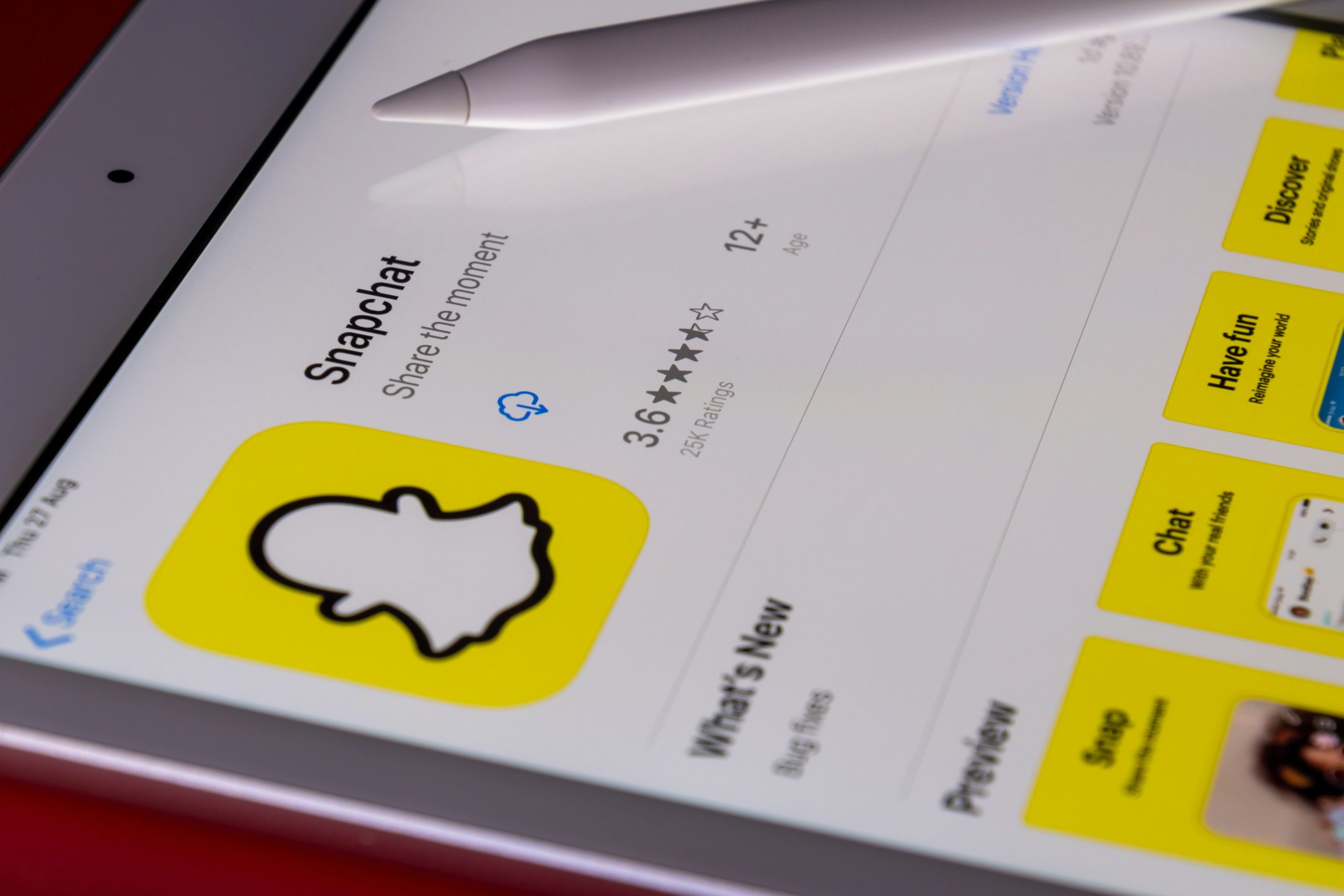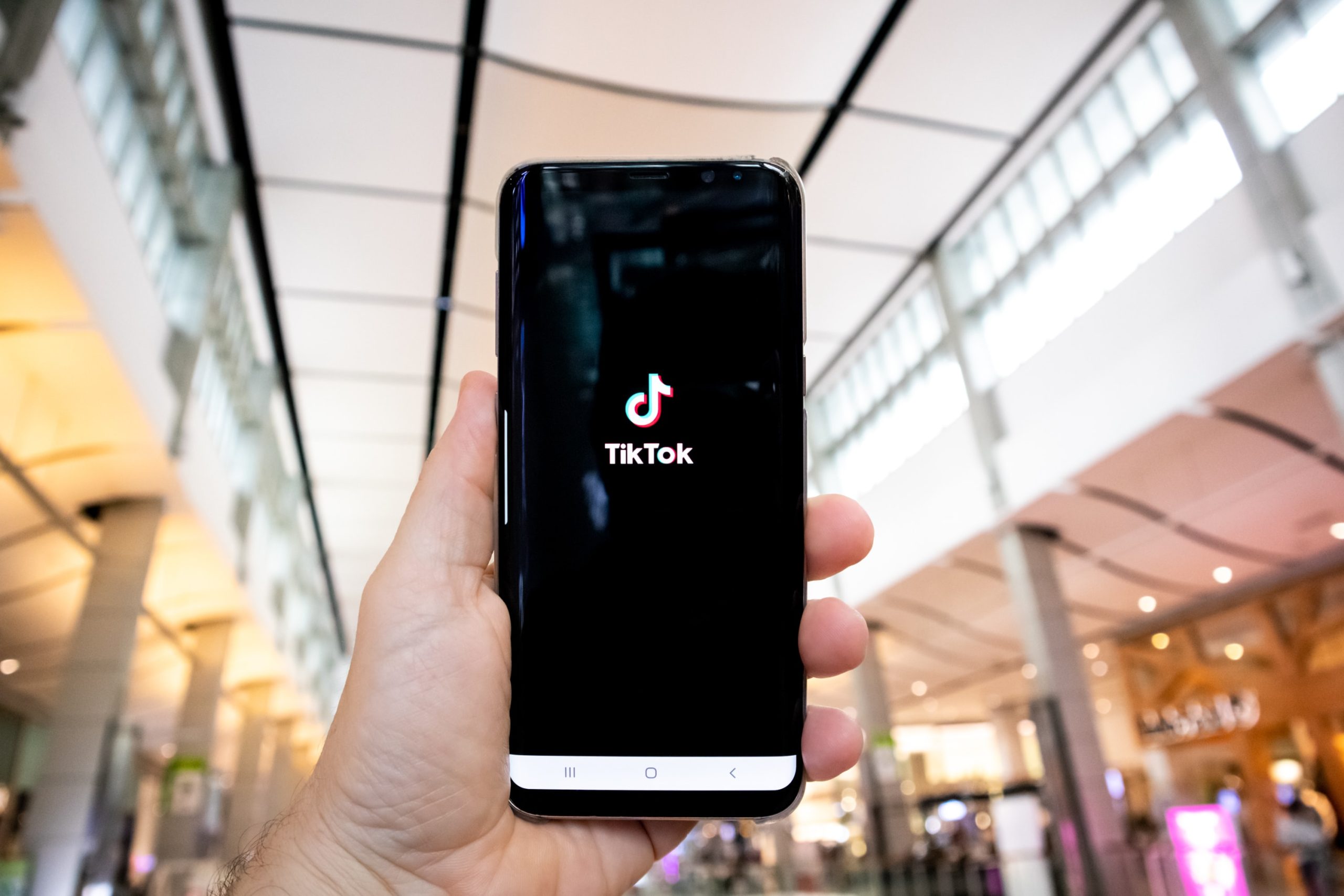Lyft anticipates 2019 to be its “peak loss year”
- Wednesday, May 8th, 2019
- Share this article:

Ride-sharing app Lyft experienced a loss of $1.138bn in its first quarter of 2019, according to the company’s Q1 2019 financial statements. Of that net loss, $894m (£683m) accounted for stock-based compensation and related payroll tax expenses, linked to the company’s disappointing IPO earlier this year. Lyft’s chief financial officer, Brian Roberts, said the company anticipates 2019 will be their “peak loss year,” varying extremely from the $234.4m loss reported in Q1 2018.
“We are encouraged by our strength of our core business and see a clear path of profitability and ridesharing,” said Roberts. “We anticipate that 2019 will be our peak loss year as we then move steadily towards profitability on a consolidated basis.”
Lyft did see a Q1 2019 revenue of $776m (£593m), up 95 per cent year-over-year from $397.2m in Q1 2018. Active riders for the app jumped 46 per cent, to 20.5m this quarter, which was triggered by the publicity of the IPO, according to Roberts. Even with these improved metrics, the company isn’t likely to produce a profit anytime soon.
Looking forward to Q2, Lyft says it anticipates total revenue to be between $800m and $810m, and Adjusted EBITDA loss to be between $270m and $280m. For the 2019 fiscal year, Lyft predicts hitting a total revenue between $3.275bn and $3.3bn, with an Adjusted EBITDA loss between $1.15bn and $1.175bn.
“The first quarter was a strong start to an important year, our first as a public company,” said Logan Green, co-founder and CEO of Lyft. “Our performance was driven by the increased demand for our network and multi-modal platform, as Active Riders grew 46 per cent and revenue grew 95 per cent year-over-year. Transportation is one of the largest segments of our economy and we are still in the very early stages of an enormous secular shift from personal car ownership to Transportation-as-a-Service.”

















